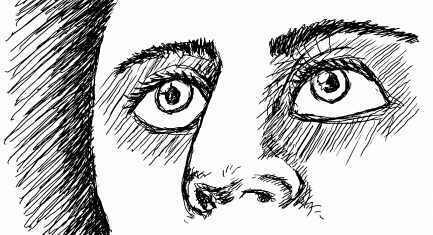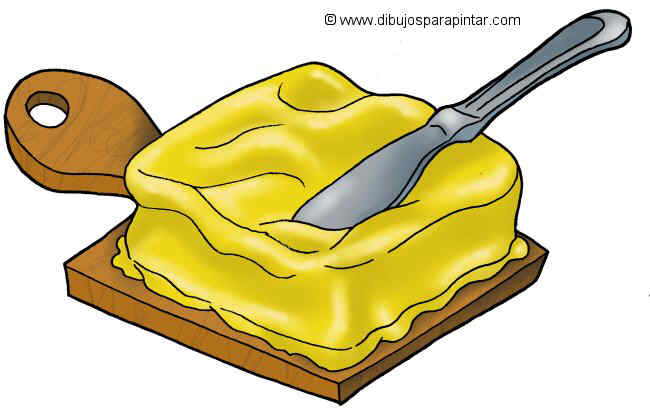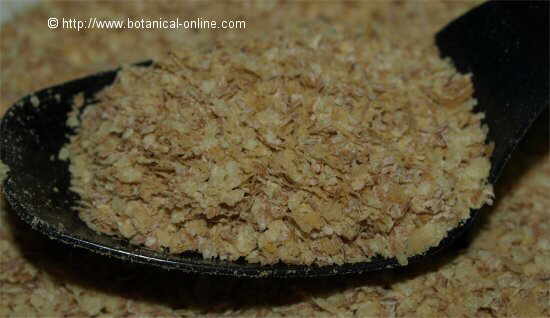Contents
- 1 Precautions with oats, oat flakes and oat bran
- 1.1 DANGERS OF EATING OATS
- 1.2 Oat toxicity: Has oatmeal any contraindications?
- 1.3 Contraindications of oats
- 1.4 Are oats good for celiacs?
- 1.5 Is oats adequate in case of intestinal diseases?
- 1.6 Can you eat oatmeal if there is diarrhea?
- 1.7 POSSIBLE SIDE EFFECTS OF CONSUMING OATS
- 1.8 Is it true that oats have a lot of fiber?
- 1.9 Is it harmful to consume oatmeal because of its fiber?
- 1.10 Oat bran and its contraindications
- 2 Side effects of oats
Precautions with oats, oat flakes and oat bran
DANGERS OF EATING OATS
Oat toxicity: Has oatmeal any contraindications?
Oats (Avena sativa L.) is an edible grain of the family of cereals, which has been consumed since ancient times, and which currently remains a food for daily consumption of the diet of millions of people in the world.
In addition, due to their nutritional and healthy properties, more and more people decide to substitute their sweetened or ultraprocessed breakfast cereals with oats, which is a healthier and more nutritious option.
As it is an edible food, oats do not present any toxicity or important contraindications for the general population and their consumption is safe. Adverse effects can only occur due to the consumption of oats in certain situations
Contraindications of oats
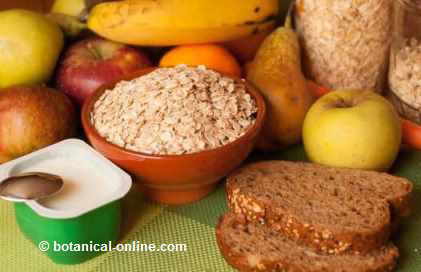
Photo: composition with oats with yogurt, whole wheat bread and fruit
The most important contraindications of oats are:
Are oats good for celiacs?
Oats do not contain gluten, but are always handled in factories that handle gluten-free cereals. For this reason, you should never consume oats in case of celiac disease, only in the few cases where it is labeled as “gluten-free product”.
If in doubt, consult the label or contact the manufacturer.
Is oats adequate in case of intestinal diseases?
In case of intestinal diseases or digestive problems, it is preferable to take the oat flakes in recipes in which it is preheated in water or milk, for example in the form of porridge, or inside vegetable creams. This is because, when heating the oats, it becomes much more digestive.
Oat bran is not recommended in people with digestive problems, as it can be irritating and aggravate intestinal diseases such as irritable bowel, diverticulitis, IBD, ulcerative colitis or Crohn’s disease.
In case of autoimmune diseases, there is a food elimination protocol in which it is recommended to remove some foods, including those containing gluten. Oats, although it does not contain gluten, it is a cereal and some professionals do not recommend it either.
* More information: Oatmeal for autoimmune diseases
Can you eat oatmeal if there is diarrhea?
When episodes of diarrhea or gastroenteritis occur, oats are recommended in the form of porridge (heated to make it more digestive). Although oats contain more fiber than other cereals, in normal amounts, without excess, it is not discouraged.
It is not recommended, as in previous cases, the intake of oat bran, which is considered a fiber supplement.
POSSIBLE SIDE EFFECTS OF CONSUMING OATS
Is it true that oats have a lot of fiber?
Oatmeal is a cereal that contains a lot of fiber. 30 grams of oat flakes contain 3 grams of fiber. The same amount in the form of extruded maize cereals or whole wheat bread, provides 1 gram of fiber. That is, oats have 3 times more fiber than breakfast cereals.
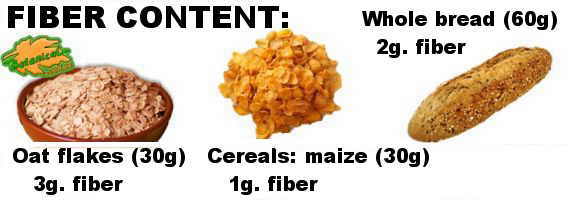
Comparative: fiber content of oats, corn cereals and whole wheat bread. Oats are richer in fiber
Is it harmful to consume oatmeal because of its fiber?
The fiber content of oats is not harmful, quite the opposite. The fiber found naturally in oat grains is a type of fermentable fiber, and therefore provides properties against constipation, to lower cholesterol and to improve intestinal flora (prebiotic effect).
However, at times, especially if people are not accustomed to diets rich in fiber, it is possible that during the first days of consumption may appear flatulence or gas, which will disappear in a few days, as the intestinal flora adapts to this food.
Oat bran and its contraindications
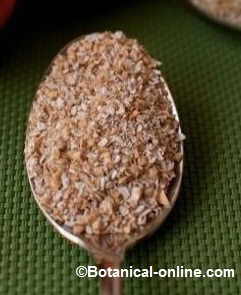
Photo of a spoon full of oat bran
It is necessary to mention that the oat bran presents other contraindications. In this case it is not consumed as food, but as a fiber supplement, and has possible adverse effects.
These fiber supplements should be taken with plenty of water or liquid to compensate for their fiber richness and prevent intestinal blockages, which can occur if consumed in excess or without enough water.
In some people the consumption of bran can cause diarrhea (due to the irritative effect of the fiber).
Also do not combine oat bran with other fiber supplements, such as wheat bran, fiber toast or fiber cereal from bran, as it increases the risk of intestinal disturbances, diarrhea or blockages.
Side effects of oats
What is oats used for?
Among the main uses of oats is:
- To reduce cholesterol and coadjuvant in diets to lose weight
- Recommended in both prevention and treatment of constipation and hemorrhoids
- Diet for diabetes
What types of oat supplements are there?
There are different products on the market with oats, and each has a different indication and characteristics.
* More information: How to buy oatmeal (types)
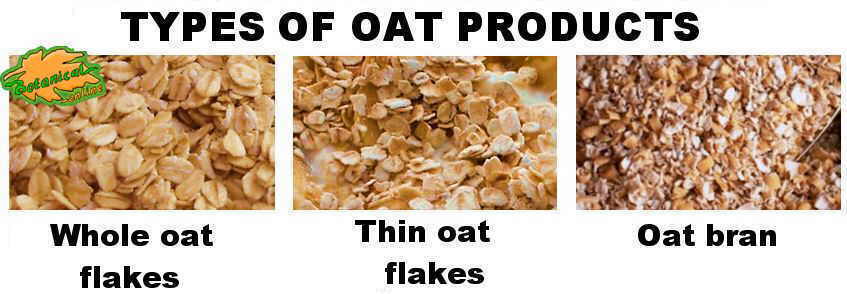 Types of oatmeal products. How to buy oatmeal
Types of oatmeal products. How to buy oatmeal
Precautions with oats consumption
During the treatment of these diseases, the following tips are recommended:
- Anemia: Oats (flakes) are healthy in the diet for anemia. Oat bran is not recommended since it is a very laxative type of fiber and contains phytates that prevent the absorption of iron, calcium and other minerals. These components, phytates, are mineral thieves.
- Diabetes: Being a cereal, people with diabetes should count the carbohydrate ration that supplement of bran or oat flakes provide.
* More information: Oatmeal for diabetes
Recommended amount of oats per day

Photo of yogurt with oatmeal
- Oat flakes are a food and, as such, can be consumed on a daily basis, as it is consumed rice or wheat. It can be introduced in salads, yogurts, cream of vegetables, milkshakes, etc.
- Fiber or oat bran is recommended to be taken in recommended amounts. It is recommended to start with small doses for the body to get accustomed:
- To prevent cholesterol, constipation or hemorrhoids, take 1 teaspoon of oat bran 3 times a day, with a good glass of water.
- Daily intake of 3 grams of beta-glucans (about 3 servings of oat flakes), in a continuous manner, has been shown to reduce cholesterol.
- For constipation, the mixture of wheat bran and oat bran is recommended in equal parts. Take 1 teaspoon 3 times a day, with two glasses of water. Following a diet for constipation.
Precautions with oat bran supplements
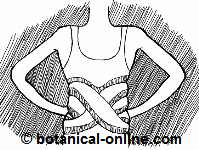
Fiber supplements should be taken with plenty of water to prevent intestinal occlusions
Ingestion of oat bran in excessive doses can lead to more health problems than advantages.
First, because it is necessary to ingest abundant amount of water along with oat bran to avoid the secondary problems that the ingestion of this supplement can originate.
Water softens fiber and facilitates its passage through the intestine. It is advisable to drink at least a couple of liters of water if this fiber supplement is included in the usual diet.
![]() More information on oats.
More information on oats.





